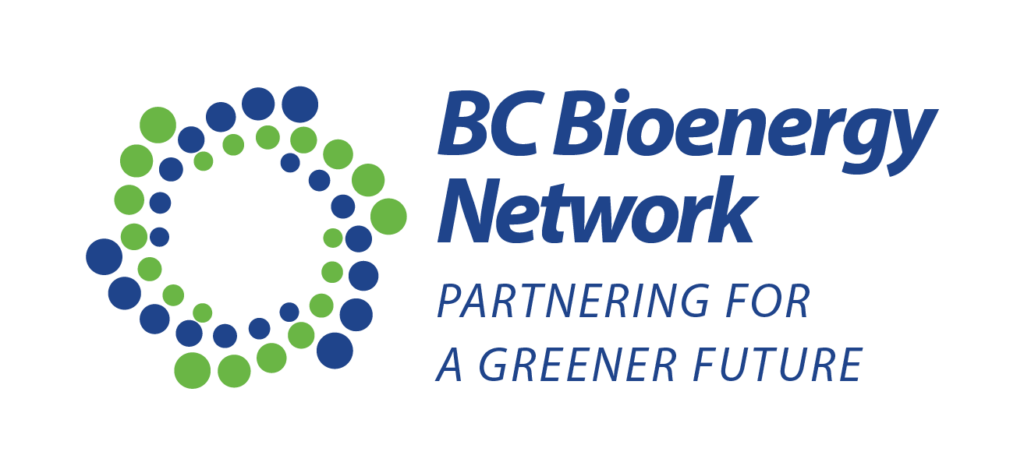About us
BC Bioenergy Sector Awards
Our Work
BC SMART
West Coast Bioenergy Guild
Subscribe
Latest News
West Coast Bioenergy Guild with Gord Crawford
February 24, 11 AM PT, online Join us for a Guild session on “Market-Ready Cellulosic Biomass-to-Liquids
Life Cycle Assessment Micro-Certificates Now Underway
BC Bioenergy Network, in partnership with UBC’s Faculty of Forestry and Environmental Stewardship, successfully launched
LCFS Portal: Final Supply Equipment Upload Feature Available
The LCFS Portal includes an upload feature for the Final Supply Equipment form, enabling users
The State of Canadian Renewable Liquid Fuels
Canada’s renewable liquid fuels sector continues to expand, largely driven by federal and provincial policy
Québec Government Supports Waga Energy RNG Project
Waga Energy received CA$15 million in financial support from the Québec government to advance its
Fuel LCA Model: Pre-Publications Available for Comments
Environment and Climate Change Canada released new pre-publications outlining proposed updates to the Fuel Life
CHAR Technologies Announced CA$10 Million Commitment to Espanola Biocarbon Project
CHAR Technologies announced that engineering and design work is advancing on its proposed biocarbon project
Drax Signs Strategic Supply Agreement with ANDRITZ in North America
Drax selected ANDRITZ as the sole supplier of wear parts for its biomass pellet production









